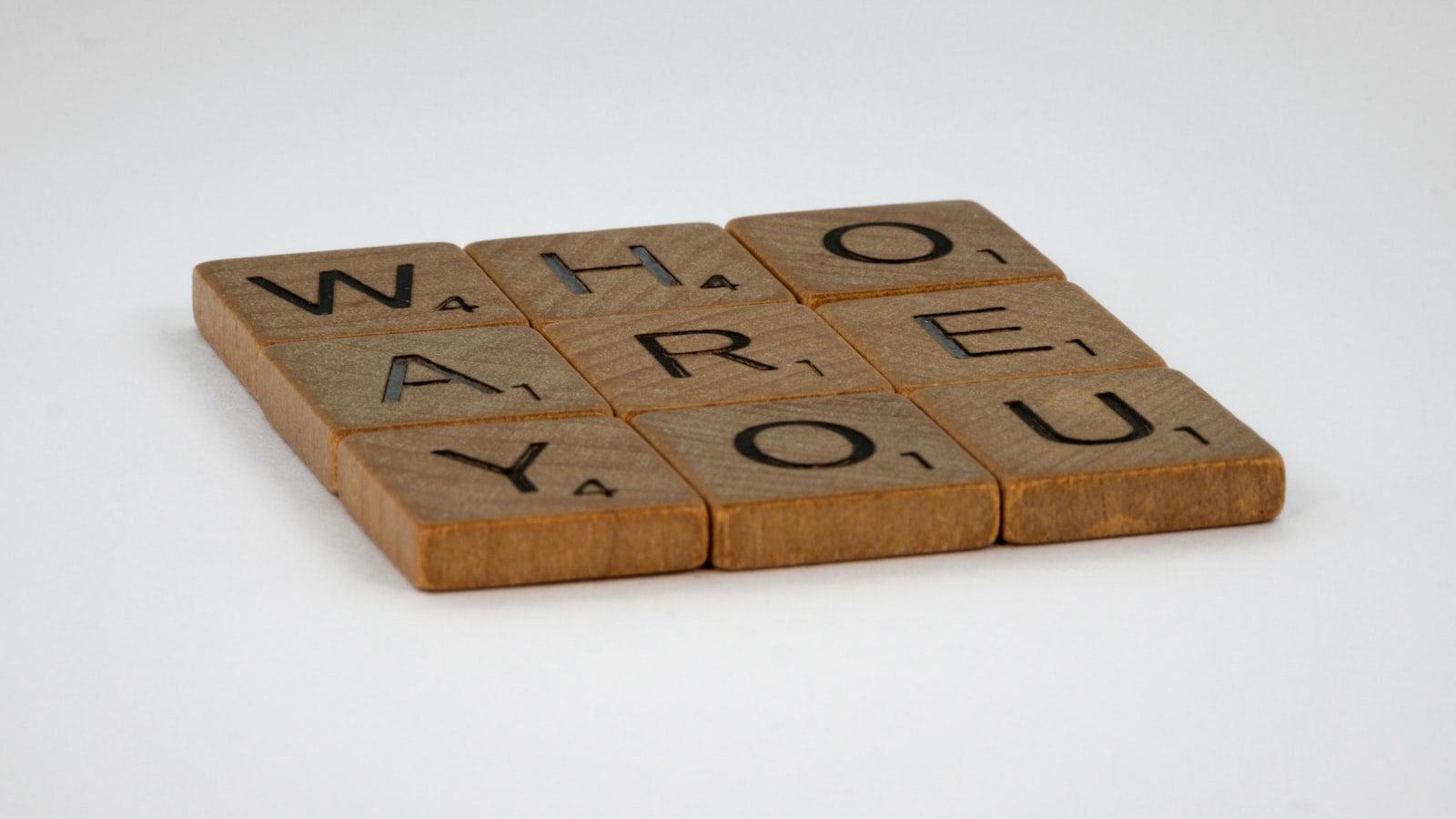When a loved one passes away, the distribution of their personal possessions and sentimental items can often become a delicate and emotional process. In the realm of probate, the legal procedure for administering a person’s estate after their death, decisions must be made on how to handle these cherished belongings. From family heirlooms to cherished keepsakes, the distribution of personal possessions in probate can evoke a mix of emotions and complexities. In this article, we will delve into the intricacies of how personal possessions and sentimental items are distributed in probate proceedings.
Understanding the Distribution Process in Probate
When it comes to distributing personal possessions and sentimental items in probate, it can be a sensitive and emotional process for all involved. These items often hold deep meaning and sentimental value to family members, making it important to handle their distribution with care and empathy. In probate, personal possessions and sentimental items are typically distributed based on the deceased individual’s wishes as outlined in their will or estate plan.
During the distribution process, family members may be asked to create a list of items they are interested in receiving. This list can help ensure that each person receives specific items that hold significance to them. If there are disputes over certain items, a mediator or the court may need to step in to help facilitate a resolution. Ultimately, the goal is to distribute these items in a way that honors the deceased individual’s memory and helps bring closure to loved ones during a difficult time.

Factors Influencing Distribution of Personal Possessions
When it comes to distributing personal possessions and sentimental items in probate, there are several factors that can influence how the process unfolds. One of the key factors is whether or not the deceased left a will outlining specific instructions for the distribution of their belongings. If a will is in place, it can make the distribution process much smoother and help ensure that the deceased’s wishes are carried out.
Another factor that can impact the distribution of personal possessions is the relationships between family members and beneficiaries. Tensions or disagreements among family members can complicate the distribution process and lead to disputes over who should receive which items. In some cases, it may be necessary for a mediator or even a court to intervene to help resolve these conflicts and ensure a fair distribution of the deceased’s belongings. Effective communication and compromise among family members can also play a crucial role in determining how personal possessions are divided.

Navigating Disputes Over Sentimental Items
When it comes to during probate, emotions can run high as family members and loved ones grapple with the loss of a cherished individual. These personal possessions hold unique meaning and sentimental value to those who hold them dear, making the distribution process a delicate matter.
One approach to resolving conflicts over sentimental items is to engage in open communication and collaboration among all parties involved. It’s crucial to prioritize understanding each individual’s emotional attachment to specific items and work towards finding a fair and amicable solution. Additionally, seeking legal guidance and mediation can help facilitate discussions and reach agreements that honor the wishes of the deceased while also preserving relationships among family members.

Tips for Ensuring Fair Distribution of Assets
When it comes to distributing personal possessions and sentimental items in probate, it’s important to approach the process with sensitivity and fairness. These items often hold significant emotional value for family members, so it’s crucial to handle their distribution with care. One way to ensure fairness is to have open communication with all parties involved and encourage them to express their preferences and feelings about certain items.
Here are some :
- Consider creating a list of personal possessions and sentimental items and allow each family member to choose items they would like to inherit.
- If there are multiple family members interested in the same item, consider using a fair method such as drawing lots or rotating turns to determine who will inherit the item.
- Consult with a mediator or estate planner to help facilitate discussions and ensure that the distribution process is handled equitably.
In conclusion, the distribution of personal possessions and sentimental items in probate can often be a sensitive and complex process. It is important for individuals to clearly outline their wishes in a will or estate plan to avoid any confusion or disputes among heirs. By understanding the legalities and emotional significance of these items, families can navigate this aspect of probate with clarity and compassion. Ultimately, the distribution of personal possessions and sentimental items should honor the memories and legacies of loved ones, bringing a sense of closure and peace during a challenging time.




